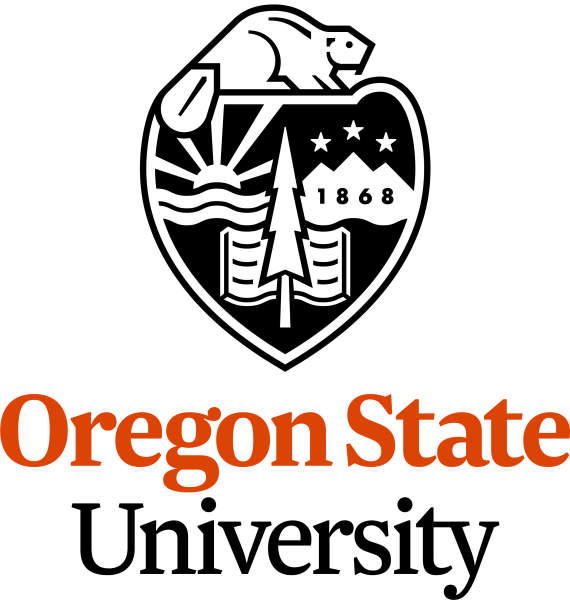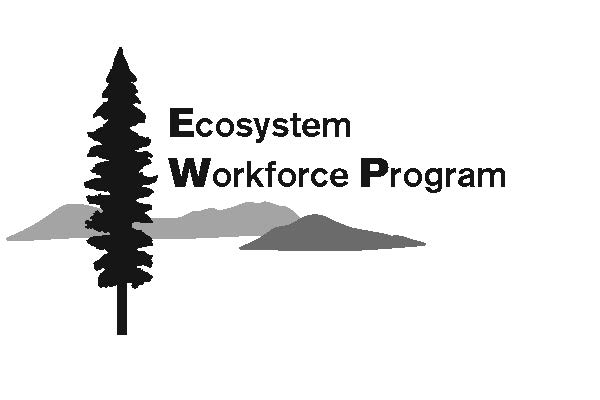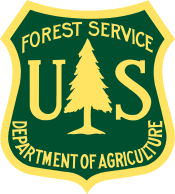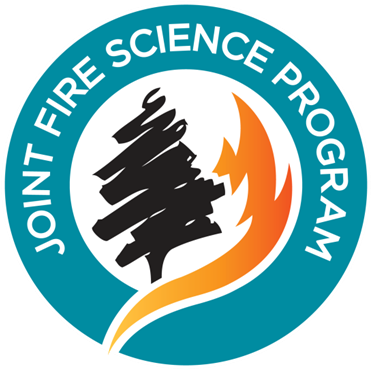Publications Library
. Expanding Our Understanding of Forest Structural Restoration Needs in the Pacific Northwest Northwest Science. 2018;92(1).
. Fire and tree death: understanding and improving modeling of fire-induced tree mortality Environmental Research Letters. 2018;13(11). Available at: http://iopscience.iop.org/article/10.1088/1748-9326/aae934/meta.
. Fire frequency drives decadal changes in soil carbon and nitrogen and ecosystem productivity Nature. 2018;553.
. Fire Refugia: What Are They, and Why Do They Matter for Global Change? BioScience. 2018;68(12).
. Forest landscapes as social-ecological systems and implications for management. Landscape and Urban Planning. 2018;177.
. Forest Service Managers' Perception of Landscapes and Computer Models.; 2018:3. Go Big or Go Home Brief 4b.pdf (944.54 KB)
Go Big or Go Home Brief 4b.pdf (944.54 KB)
. Fuel mass and stand structure 13 years after logging of a severely burned ponderosa pine forest in northeastern Oregon, U.S.A Forest Ecology and Management. 2018;424.
. Fuel Treatments: Are we doing enough?. Portland: US Department of Agriculture, Forest Service, Pacific Northwest Research Station; 2018:16. science-update-25-1.pdf (3.6 MB)
science-update-25-1.pdf (3.6 MB)
. The full community costs of wildfire. Bozeman, MT: Headwaters Economics; 2018:44. full-wildfire-costs-report.pdf (3.54 MB)
full-wildfire-costs-report.pdf (3.54 MB)
. High-severity fire: Evaluating its key drivers and mapping its probability across western US forests Environmental Research Letters. 2018;13. Available at: https://www.fs.fed.us/rmrs/publications/high-severity-fire-evaluating-its-key-drivers-and-mapping-its-probability-across.
. How does forest recovery following moderate-severity fire influence effects of subsequent wildfire in mixed-conifer forests? Fire Ecology. 2018;14(3).
. Human-related ignitions concurrent with high winds promote large wildfires across the USA International Journal of Wildland Fire. 2018;Online early.
. The influence of fire history on soil nutrients and vegetation cover in mixed-severity fire regime forests of the eastern Olympic Peninsula, Washington, USA Forest Ecology and Management. 2018;422.
. Influence of landscape structure, topography, and forest type on spatial variation in historical fire regimes, Central Oregon, USA Landscape Ecology. 2018;33(7).
. Influences of fire–vegetation feedbacks and post‐fire recovery rates on forest landscape vulnerability to altered fire regimes Journal of Ecology. 2018.
. It takes a few to tango: changing climate and fire regimes can cause regeneration failure of two subalpine conifers Ecology. 2018;99(4). Available at: https://www.ncbi.nlm.nih.gov/pubmed/29464688.
. Key Findings and Messages from the Go Big or Go Home? Project.; 2018:3. Go Big or Go Home Brief 3-final.pdf (840.87 KB)
Go Big or Go Home Brief 3-final.pdf (840.87 KB)
. Land surveys show regional variability of historical fire regimes and dry forest structure of the western United States Ecological Applications. 2018;28(2).
. Landscapes 101: Understanding Landscape Approaches to Forest Restoration and Management.; 2018:3. Go Big or Go Home Brief 1final.pdf (2.06 MB)
Go Big or Go Home Brief 1final.pdf (2.06 MB)
. Living with Wildland Fire in America: Building New Bridges between Policy, Science, and Management Wildfire. 2018;(27.3). Available at: http://wildfiremagazine.org/article/living-with-wildland-fire-in-america-building-bridges-science/.
. Long-Term Effects of Fire on Vegetation Structure and Predicted Fire Behavior in Wyoming Big Sagebrush Ecosystems Ecosystems. 2018;(Online ISSN 1435-0629).
. Looking beyond the mean: Drivers of variability in postfire stand development of conifers in Greater Yellowstone Forest Ecology and Management. 2018;430.
. Multitemporal LiDAR improves estimates of fire severity in forested landscapes International Journal of Wildland Fire. 2018;Online early.
. The nature of the beast: examining climate adaptation options in forests with stand‐replacing fire regimes Ecosphere. 2018;9(3).
. NWCG Smoke Management Guide for Prescribed Fire. National Wildfire Coordinating Group; 2018:306. Available at: https://www.nwcg.gov/publications/420-2.





